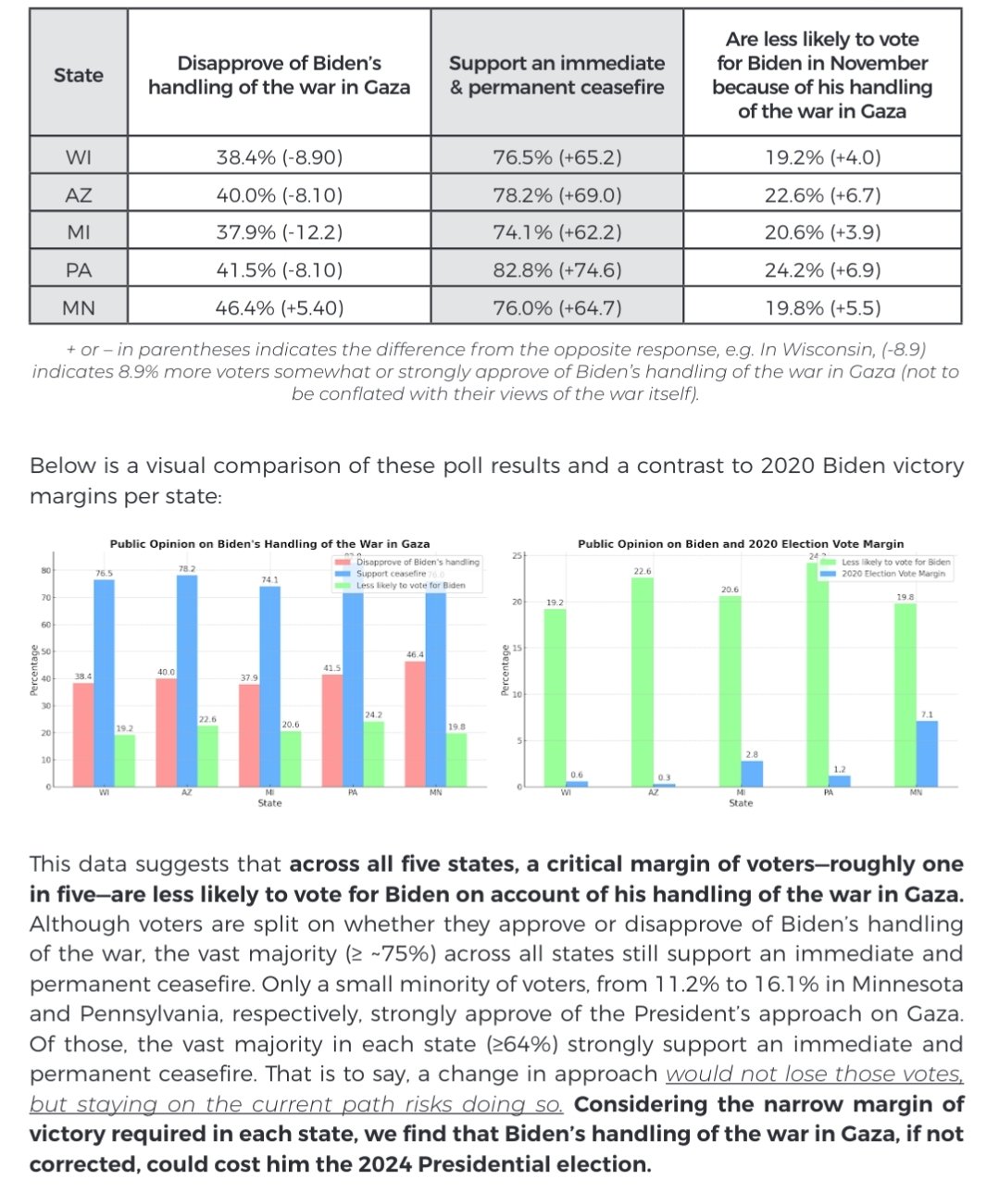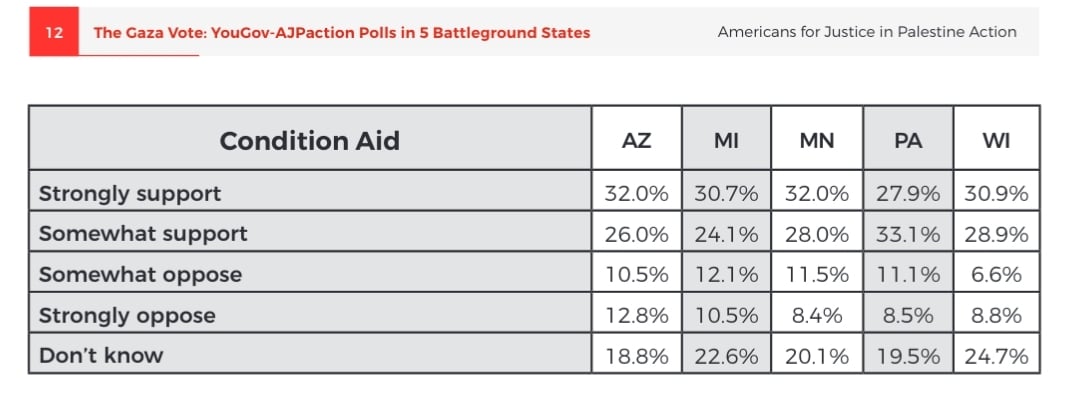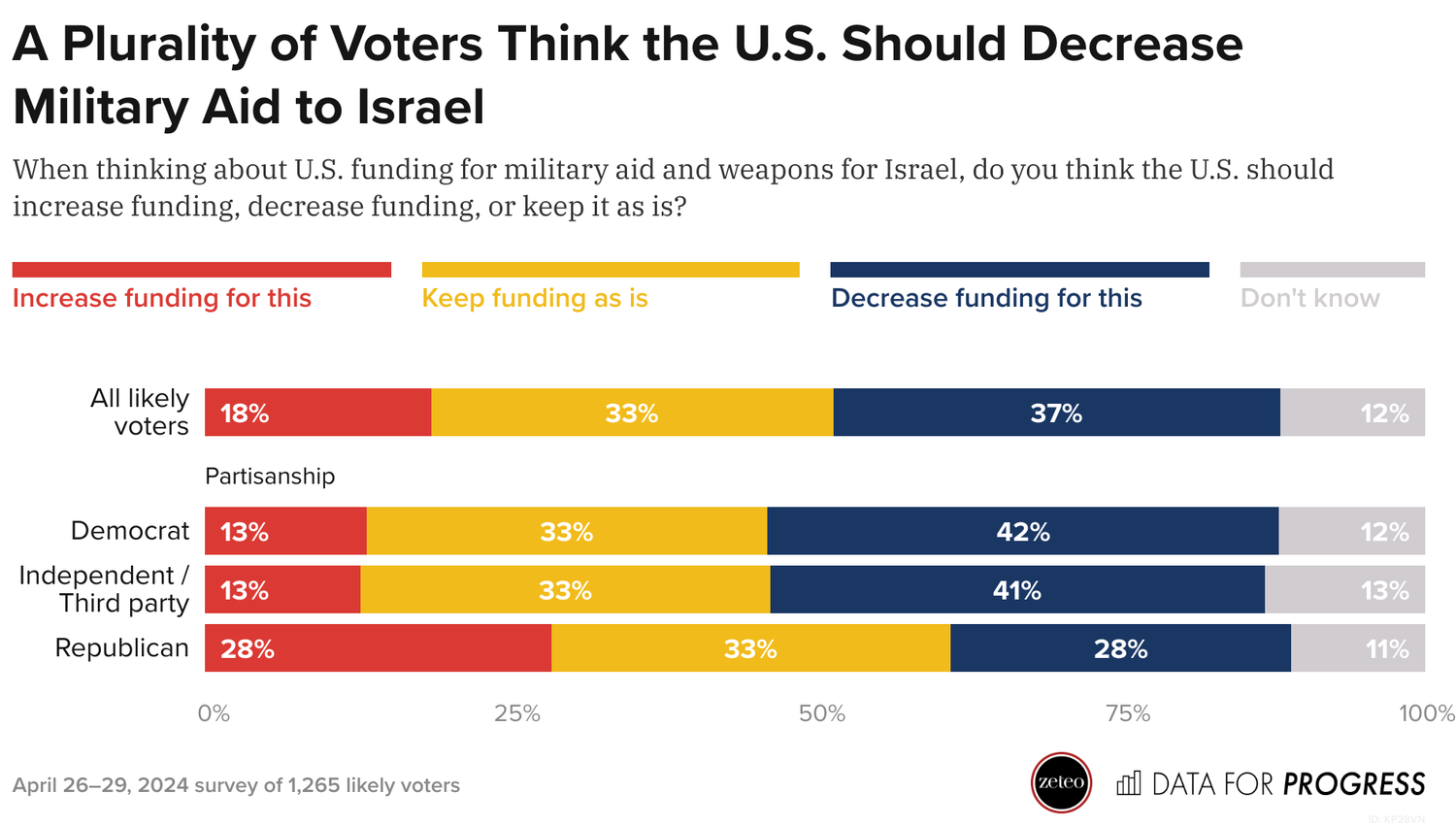

Microsoft is perhaps the most complicit tech company in Israel’s illegal apartheid regime and ongoing genocide against 2.3 million Palestinians in Gaza. Microsoft’s complicity in Israel’s apartheid and genocide is well documented, exposing its strong ties to the Israeli military, its collaboration with Israeli government ministries, and its involvement in the Israeli prison system, which is notorious for systematic torture and abuse of Palestinians. Microsoft knowingly provides Israel with technology, including artificial intelligence (AI), that is deployed to facilitate grave human rights violations, war crimes, crimes against humanity (including apartheid), as well as genocide. In light of the International Court of Justice’s legally-binding rulings to prevent Israel’s plausible genocide in Gaza, as well as its July 19 Advisory Opinion affirming Israel’s illegal occupation and apartheid system, Microsoft has failed its corporate obligation to prevent genocide, war crimes and crimes against humanity. Microsoft, as well as its boards of directors and executives, may face criminal liability for this complicity.
Microsoft provides the Israeli military with Azure cloud and AI services that are crucial in empowering and accelerating Israel’s genocidal war on 2.3 million Palestinians in the illegally occupied Gaza Strip. Microsoft’s extensive ties with Israel’s military are revealed in investigations by The Guardian with the Israeli-Palestinian publication +972 Magazine, demonstrating how the Israeli military turned to Microsoft to meet the technological demands of genocide.
The 7 billion to Africa isn’t as nice as it first seems either; it’s investments into venture capitalist solutions, much more restrictive that aid and the profits are not realized by the locals
https://www.commondreams.org/views/2022/12/02/perhaps-bill-gates-not-best-expert-hunger-africa
https://www.commondreams.org/views/2022/11/10/open-letter-bill-gates-food-farming-and-africa




















He didn’t completely leave, he’s literally the technical advisor listed under “key people” for Microsoft
Bill Gates continues to ‘backstage’ manage Microsoft despite official departure, as Satya Nadella relies on his advice for Microsoft’s transformative AI initiative